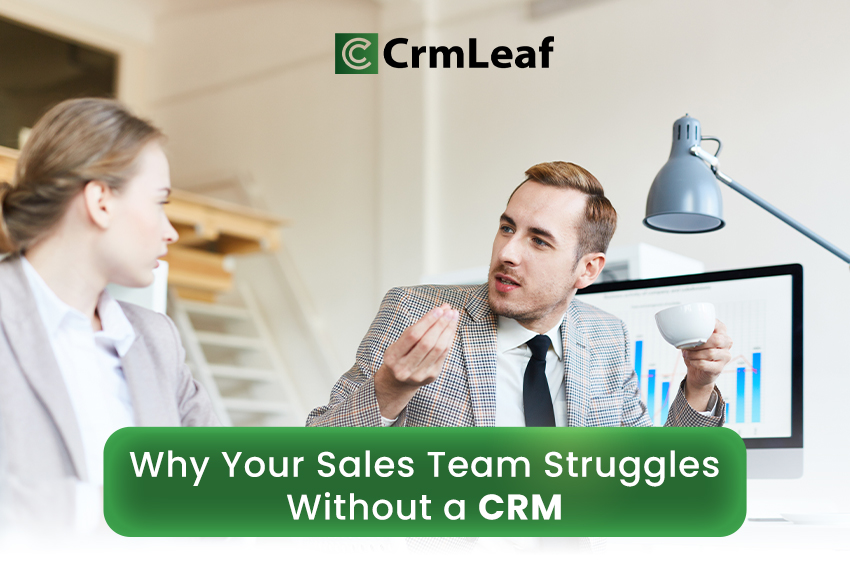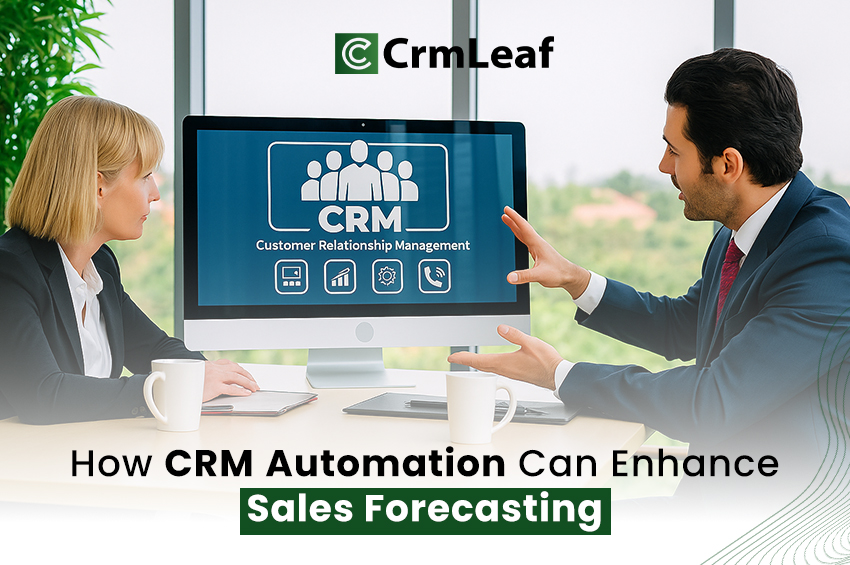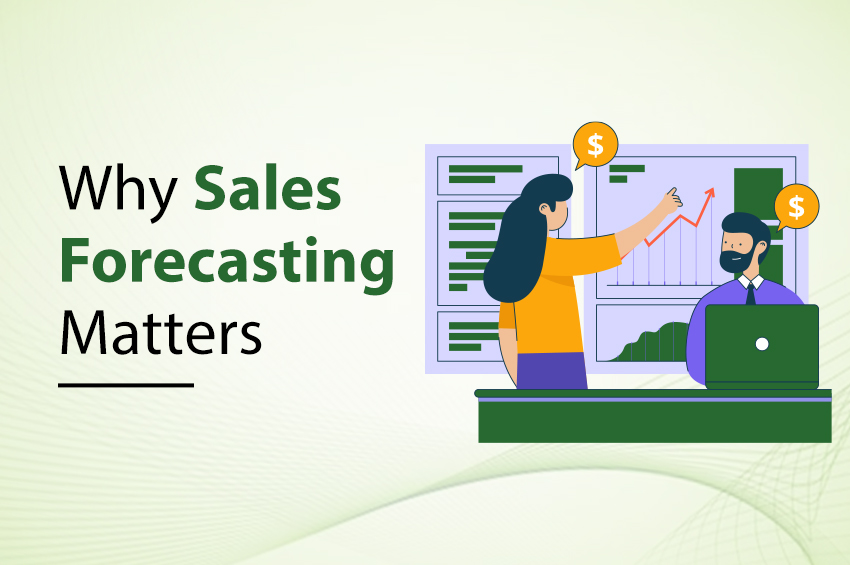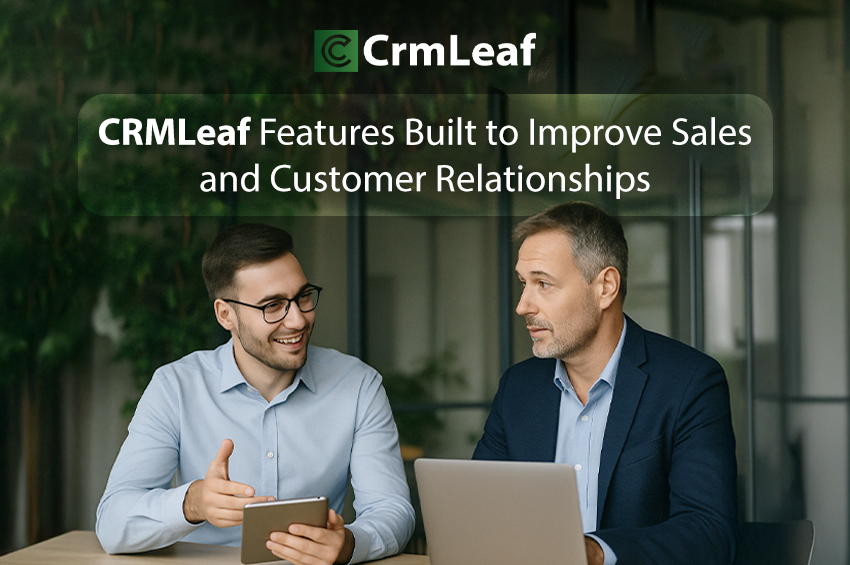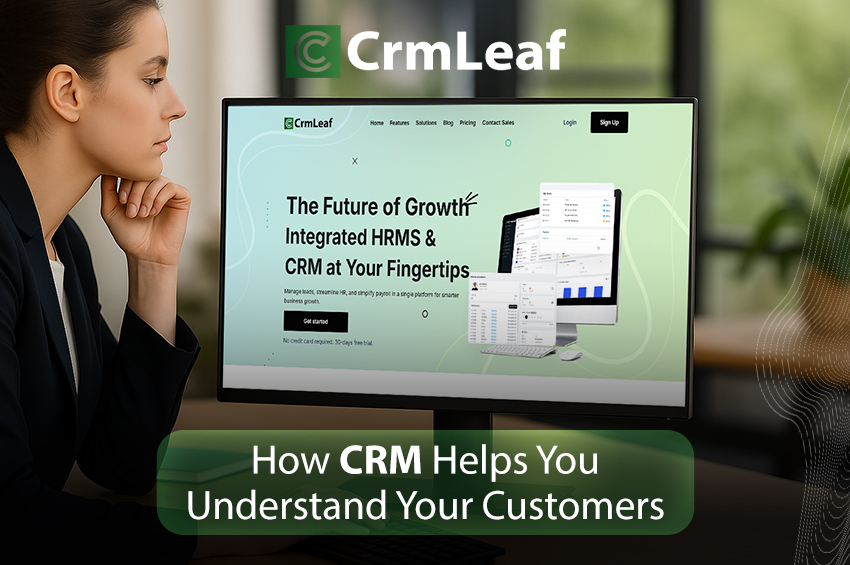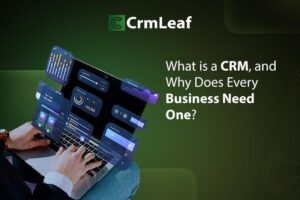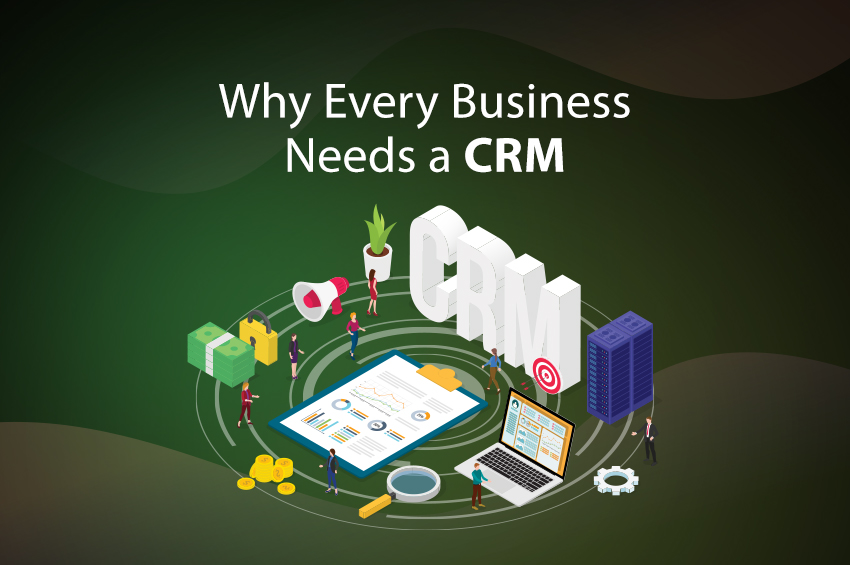In today’s fast-paced sales environment, staying organized and efficient is more important than ever. Yet, many sales teams still rely on spreadsheets, notes, and emails to track leads and manage customer relationships. As a result, this outdated approach often leads to missed opportunities, disjointed communication, and stalled deals.
A customer relationship management (CRM) system is not just a tool; it’s a strategy that helps sales teams work smarter, not harder. Therefore, if your team is struggling to hit targets or follow up with leads effectively, the absence of a CRMLeaf might be the underlying issue.
In this blog, we’ll explore why your sales team may be falling behind without a CRM and how adopting one can make a significant difference.
The Role of CRMLeaf in Modern Sales Operations
A CRM acts as the nerve center for sales activities, capturing every touchpoint between your team and your customers. From the first email to the final purchase, it documents the journey, making it easier to manage relationships, monitor progress, and make informed decisions.
Here’s what a CRM typically handles:
- Contact Management – Store, update, and access customer details in one place.
- Lead Tracking – Monitor where each prospect is in the sales funnel.
- Automation – Set follow-up reminders, send personalized emails, and update pipelines automatically.
- Analytics & Reporting – Gain insights into team performance, revenue forecasts, and conversion rates.
When used effectively, a CRM empowers sales teams with visibility, consistency, and control.
Without a CRM, sales teams often face operational roadblocks that hinder performance and customer satisfaction. Let’s break down the common challenges:
1. Disorganized Customer Data
Without a CRM, customer data often lives in scattered spreadsheets, personal inboxes, or notepads. This makes it:
- Hard to locate crucial information quickly
- Easy to duplicate or lose records
- Difficult to maintain updated, consistent data
The result? Miscommunication, missed opportunities, and frustrated customers.
2. Poor Collaboration and Communication
In the absence of a shared system, sales reps operate in silos. When multiple team members engage with the same client without knowing each other’s actions, it creates confusion.
- Clients may receive mixed messages
- Team members lack context for conversations
- Internal collaboration becomes harder
A CRM brings transparency, so everyone stays on the same page.
3. Missed Follow-Ups and Lost Opportunities
Sales cycles can be long and complex. Without a system to track tasks and timelines:
- Follow-up emails get forgotten
- Hot leads go cold
- Sales reps spend more time remembering than closing
CRM tools automatically remind reps of scheduled follow-ups, ensuring prospects don’t slip away.
4. Limited Visibility for Sales Managers
Sales managers often need data to guide strategy and allocate resources. Without a CRM, they’re left guessing:
- Which reps are underperforming?
- Where are leads stalling?
- What’s the expected revenue this quarter?
CRM dashboards provide real-time insights, helping managers lead with clarity.
The Cost of Not Using a CRM
Not using a CRM doesn’t just affect operations; it impacts the bottom line. Sales reps spend more time searching for information and less time selling. Additionally, inconsistent follow-ups can result in lost deals, and poor customer experiences reduce repeat business. Over time, these inefficiencies add up to substantial opportunity costs, especially as competitors adopt smarter tools and more streamlined processes.
Signs Your Sales Team Needs a CRM
If you’re unsure whether your team needs a CRM, look for these red flags:
- Follow-ups are missed or delayed
- Sales reps spend excessive time on admin tasks
- Reports and forecasts are based on guesswork
- Team members are unclear about each other’s deals
- There’s no clear view of the sales pipeline
Recognizing these signs early can help you make a proactive change before it starts to impact your revenue significantly.
Benefits of Adopting a CRM
Investing in a CRM system transforms how your sales team operates. Key benefits include:
- Centralized Data Management: All customer and deal information in one place
- Improved Team Efficiency: Automated tasks, templates, and reminders streamline daily operations
- Enhanced Collaboration: Team members can easily share updates and notes
- Smarter Decision-Making: Access to real-time data, analytics, and performance insights
- Better Customer Experience: Personalization and timely communication foster stronger relationships
In other words, a CRM not only improves day-to-day efficiency but also empowers your team to make better decisions and deliver superior service.
Conclusion
A CRM is no longer a luxury—it’s a necessity for sales teams that want to compete and succeed in today’s customer-centric landscape. Without one, your team may be working harder than they need to while still falling short of goals.
From managing data to improving collaboration and closing more deals, a CRM can bridge the gaps that are holding your sales team back. So, now is the time to evaluate your current sales process and consider how a CRM could help unlock your team’s full potential.
